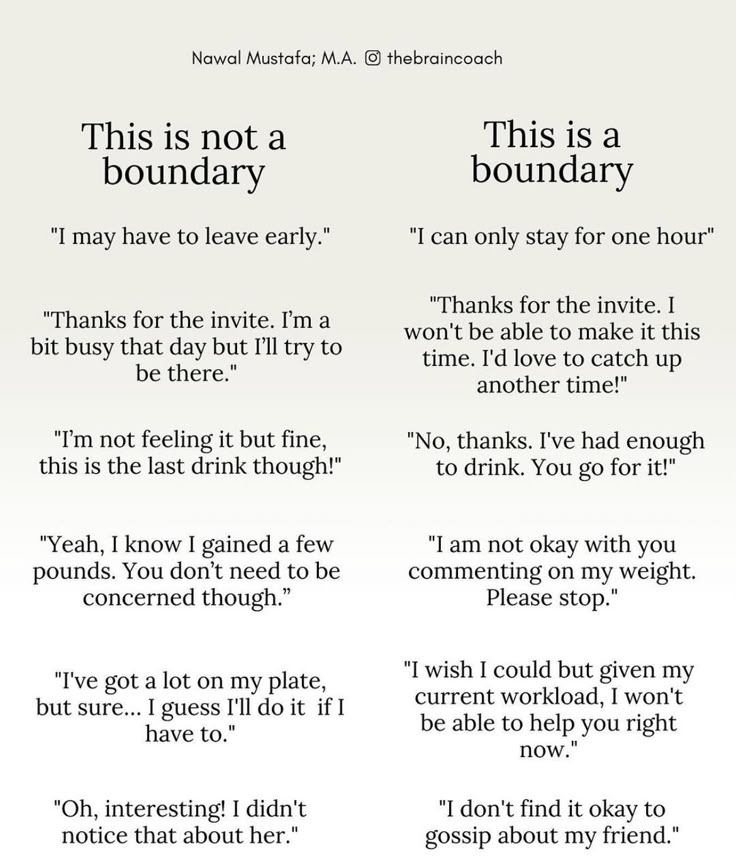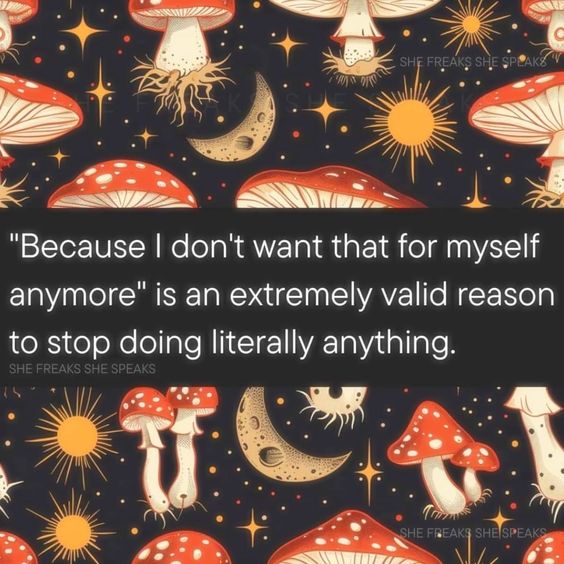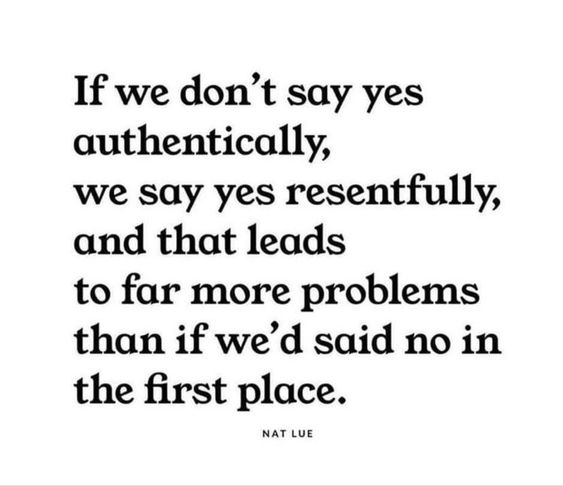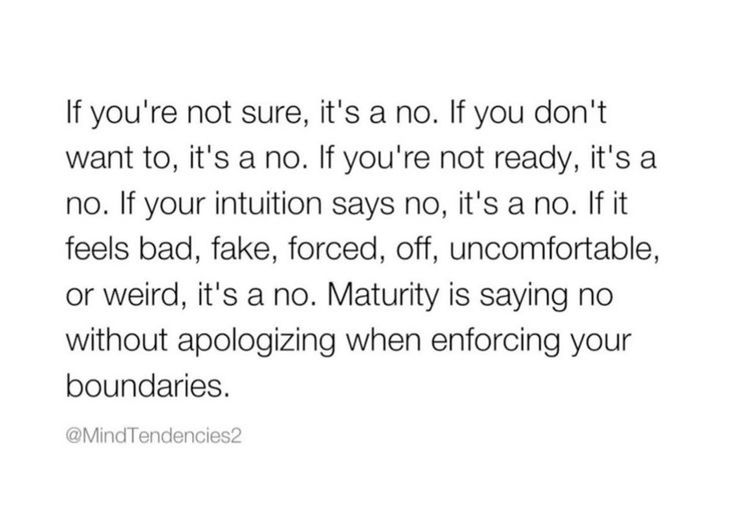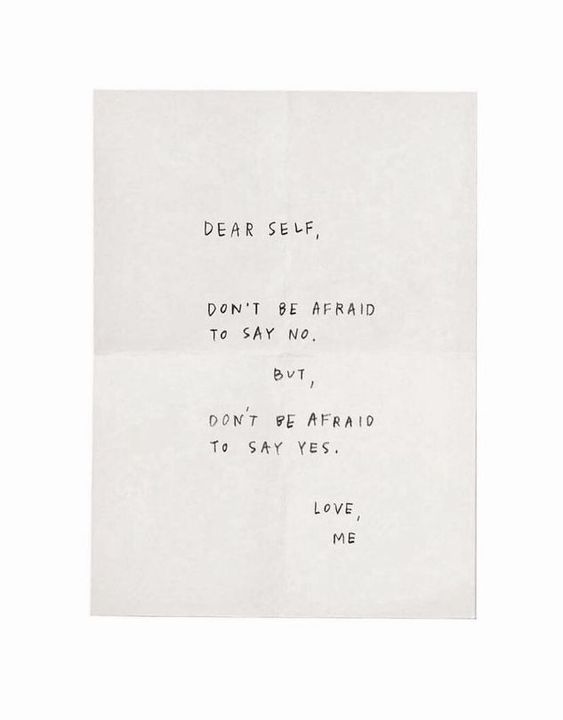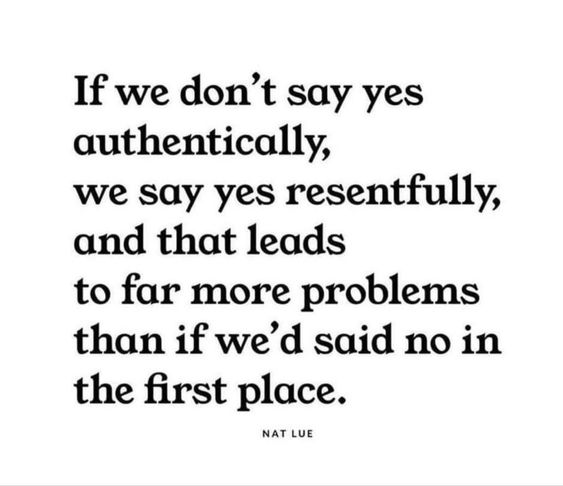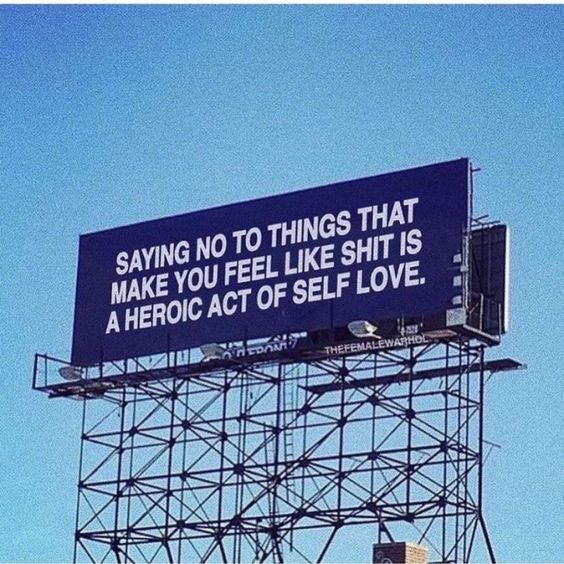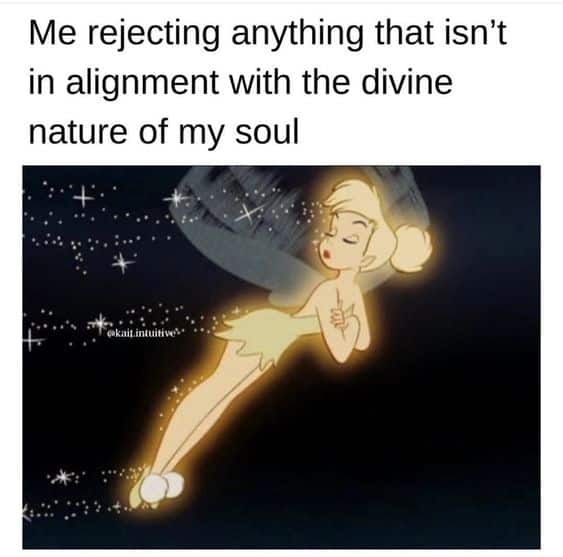“When we habitually prioritize other people’s urgencies, we’re really setting a precedent that our time (and our family’s time) is less important than anything else that might pop up. Our goals are less important. Our boundaries aren’t real. When we drop our work to handle someone else’s emergency, we reinforce a dangerous message: Your poor planning is more important than my well-planned day.”
Justin Welsh
“To the right of my computer monitor, between two photos of my boys, is a picture given to me by the sports psychologist Jonathan Fader. It’s the famed Dr. Oliver Sacks and behind him is a large sign he kept in his office that just said NO! By saying no—to interviews, to meetings, to ‘Can I pick your brain for a minute?’—I was saying yes to what matters: my family. My work. My sanity.”
Ryan Holiday, Discipline Is Destiny (Page 307)
“Everything we say yes to means saying no to something else. No one can be two places at once. No one can give all their focus to more than one thing. But the power of this reality can also work for you: Every no can also be a yes, a yes to what really matters. To rebuff one opportunity means to cultivate another. This is the key not just to professional success but also personal happiness. When someone takes ‘just a few minutes of your time,’ they aren’t just robbing you. They’re robbing your family. They’re robbing the people who you serve. They are robbing the future. The same goes for when you agree to do unimportant things, or when you commit to too much at one time. Except this time, you are the thief.”
Ryan Holiday, Discipline Is Destiny (Page 118)
“The number of people who stand ready to consume one’s time to no purpose is almost countless.”
Booker T. Washington, via Discipline Is Destiny (Page 116)
“Half of the troubles of this life can be traced to saying yes too quickly and not saying no soon enough.”
Josh Billings, via Essentialism (Page 145)
“When you say no, there is usually a short-term impact on the relationship. After all, when someone asks for something and doesn’t get it, his or her immediate reaction may be annoyance or disappointment or even anger. This downside is clear. The potential upside, however, is less obvious: when the initial annoyance or disappointment or anger wears off, the respect kicks in. When we push back effectively, it shows people that our time is highly valuable. It distinguishes the professional from the amateur.”
Greg McKeown, Essentialism (Page 138)
“Only once you give yourself permission to stop trying to do it all, to stop saying yes to everyone, can you make your highest contribution towards the things that really matter.”
Greg McKeown, Essentialism (Page 4)
“Know how to leave things alone, for if knowing how to refuse is one of life’s great lessons, an even greater one is knowing how to say no to yourself, to important people, and in business. There are non-essential activities, moths of precious time, and it’s worse to take an interest in irrelevant things than to do nothing at all.”
Baltasar Gracian
“Giving away so much of your time to the requests of others will stop you from giving time to what is good and nourishing for you. Betraying yourself is not virtuous. Constantly saying yes to please others will lead to burnout. Say no frequently if you want to create a clear space in your life for what matters most to you.”
Yung Pueblo
“Successful people say no to almost everything.”
Dru Riley, Blog
